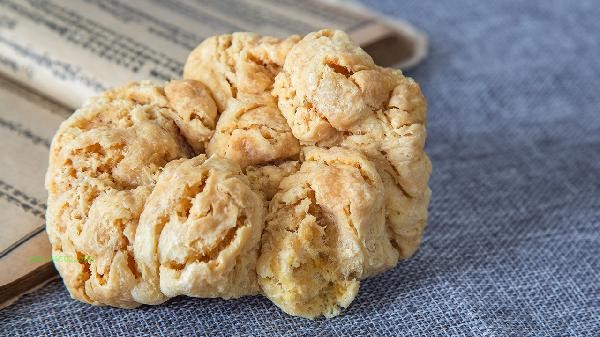Pregnant women can eat jelly in moderation, but it is important to choose healthy products that are additive free and low in sugar. The main ingredients of jelly are water, sugar and edible gum. Some products contain artificial colors, essence and other additives, which may have a potential impact on fetal development. The main ingredients of jelly are water, sugar, and edible gelatin, among which edible gelatin such as carrageenan and carrageenan belong to soluble dietary fiber, which can help alleviate constipation during pregnancy. However, commercial jelly often contains high sugar content, and excessive intake may increase the risk of pregnancy diabetes. Some cheap jellies use artificially synthesized pigments such as lemon yellow and carmine, which may affect the fetal nervous system if consumed in large quantities over a long period of time. It is recommended to choose jelly products with simple ingredient lists and labeled as "suitable for pregnant women", or homemade fresh fruit jelly for greater safety. Pregnant women who consume jelly should be alert to the risk of coughing, especially when the uterus enlarges and compresses the stomach in late pregnancy. Rapid swallowing of gelatinous substances may lead to suffocation. Some jellies containing preservatives such as potassium sorbate may cause allergic reactions, leading to skin itching or gastrointestinal discomfort. Pregnant women with gestational hyperglycemia should completely avoid candy jelly and choose sugar substitute products. Some special gels such as gelatin may originate from animal bones, and vegetarian pregnant women should pay attention to the ingredient instructions.

During pregnancy, the diet should mainly consist of fresh natural ingredients, and jelly should only be used as an occasional snack. It is recommended to consume no more than 50 grams per day, cut into small pieces and chew slowly when eating. supplementing vitamins with fresh fruits is more effective, such as eating jelly with fruits rich in vitamin C such as strawberries and kiwis. Pay attention to whether there is bloating or allergic reactions after consumption. When purchasing, it is safer to choose infant and toddler food grade jelly products produced by regular manufacturers.






Comments (0)
Leave a Comment
No comments yet
Be the first to share your thoughts!